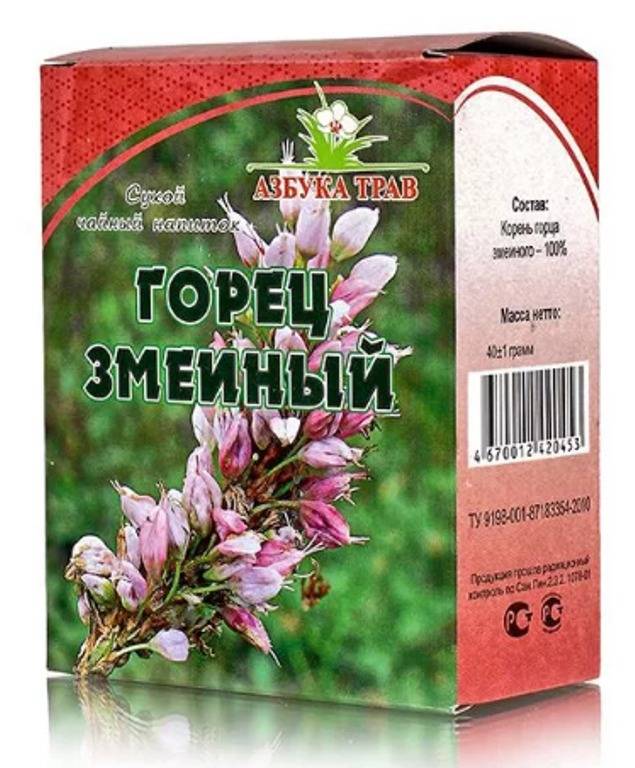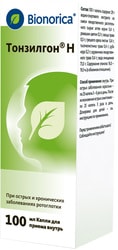
Bistort root (Polygonum bistorta), also known as snakeweed, is a remarkable herb with a long history of traditional use. Its distinctive, snake-like rhizome, characterized by its flattened, wrinkled surface, holds a wealth of medicinal properties. Prized for its astringent and anti-inflammatory actions, Bistort root is traditionally employed to address a variety of health concerns.
Bistort root is particularly effective in managing gastrointestinal inflammation and diarrhea. It has shown promise in supporting healing from stomach and duodenal ulcers. Additionally, it's been used to alleviate symptoms associated with cholecystitis (gallbladder inflammation).
This powerful herb helps to soothe the urinary tract, offering relief from cystitis (bladder infection) and potentially aiding in the management of kidney stones and gallstones. For particularly severe cases of colitis (inflammation of the large intestine), bistort root can be administered via enema.
Bistort's potent anti-inflammatory properties make it suitable for topical applications. Traditional uses include applying compresses or poultices to treat boils, burns, and abscesses. Rinsing the mouth with bistort root decoction may provide relief from stomatitis (mouth sores) and gingivitis (gum inflammation).
Bistort root is valued for its ability to support women's health, ease nerve disorders, and reduce various internal hemorrhages due to its astringent properties and ability to strengthen capillary walls.





